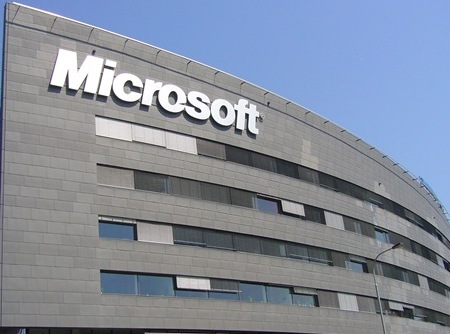  Microsoft is taking a big gamble over the next few months with Windows and Office, the two products responsible for most of its revenue and profit, according to Gartner, Inc.
It is a risk that Microsoft must take to stay relevant in a world where mobile devices with new modern experiences are becoming the norm.
"When the PC dominated personal computing by providing a single device for messaging, Internet access, gaming and productivity, Windows was a powerhouse for Microsoft," said Michael Silver, vice president and distinguished analyst at Gartner. "However, smartphones and tablets, led by the iPhone and iPad, have changed the way people work, making the PC just one of several devices people use. The PC is increasingly simply a peer with other devices."
Gartner said that with Windows 8, Microsoft is trying to address the excitement of the tablet market by adding tablet interface to Windows.
"Microsoft's approach is very different from Apple's and Google's, where phones and tablets have much more commonality than PCs and tablets," Silver said. "This plays to Microsoft's strength in PCs, leveraging it not only to enter the tablet market, but also to improve its share of the smartphone market."
"Windows 8 is not your normal low or even high impact major release of the OS," said Steve Kleynhans, research vice president at Gartner. "It's the start of a new era for Microsoft the RT era which follows the NT era, which began in 1993 and is just now starting to fade out. Microsoft eras seem to run about 20 years, so the technology underlying Windows 8 will last a long, long time."
Making radical changes to Windows poses a risk for Microsoft as organizations like to reduce technology risk by deploying mature, stable, well-supported products. Windows Vista, for example, never gained significant success in corporate environments, and its lack of success Gartner estimates that just 8 percent of PCs run by Gartner clients ran Vista at its peak has reduced its useful life as third parties have already started cutting support for it. The bottom line is that IT leaders are questioning whether Windows 8 will suffer a similar fate.
In addition, the new "Metro-style" UI which includes large buttons for touch and eliminates the ability to boot to the familiar Windows Desktop and have a traditional Windows start menu is probably the most controversial decision Microsoft has made in Windows 8. The result is an OS that looks appropriate on new form factors of PC hardware including tablets, hybrids and convertibles, but has people questioning its appropriateness for traditional desktop and notebook machines, which comprise the majority of the existing PC market.
Gartner believes that if Windows 8 on tablets is successful, it will have many impacts on organizations. There will be many new device form factors to choose from and users may have very different needs and likes from one another. Some will still want to use an iPad and a traditional notebook and others may want different, new devices. As users gain more power, due to consumerization, IT is less able to mandate that certain products be used or not used in their environment. This makes it harder for IT to buy and support PCs the way they have for the past 20 years and may lead to more bring your own device (BYOD) programs. Organizations also need to decide whether they want to create applications expressly for Windows 8 and Metro, write iOS applications, or something more neutral.
Microsoft licensing is also an important topic in many organizations because it can represent a significant percentage of the annual IT budget. Organizations need to decide if they require Software Assurance (SA) on Windows or an Enterprise Agreement as well as reevaluating their decisions based on changes Microsoft is making to the Windows 8 SKU lineup and SA benefits.
"Windows 8 has been released to manufacturing and will be formally launched in October, but the reality is that most organizations are still working on eliminating Windows XP and deploying Windows 7," said Silver. "Organizations will need to decide whether they continue with Windows 7 and or consider Windows 8." |